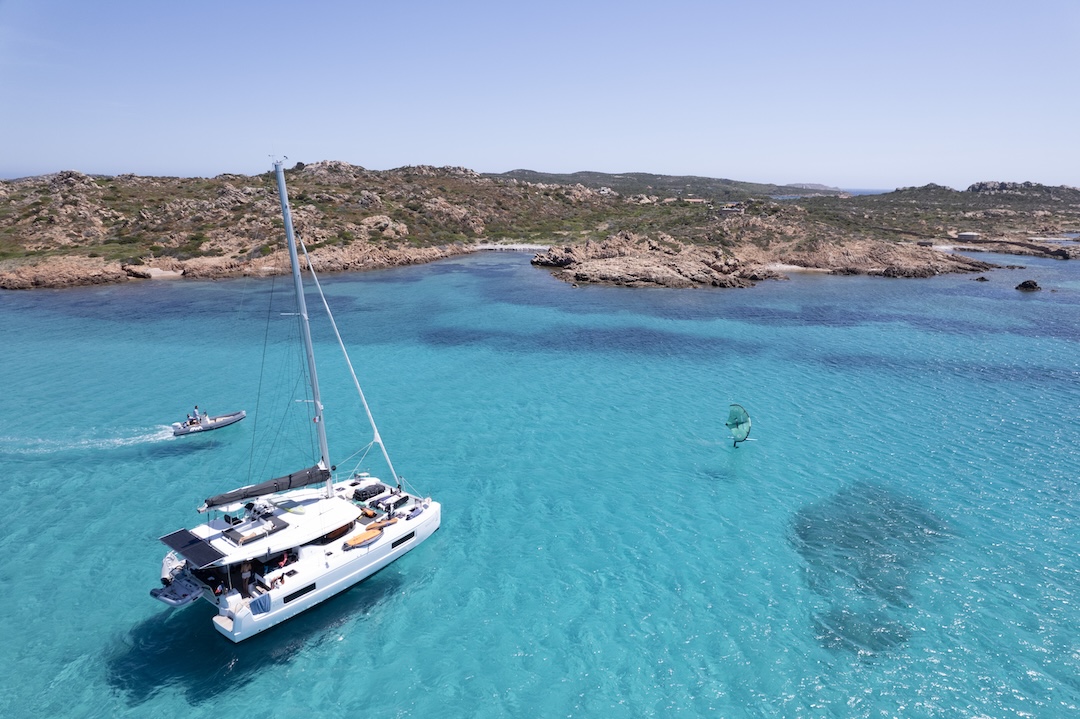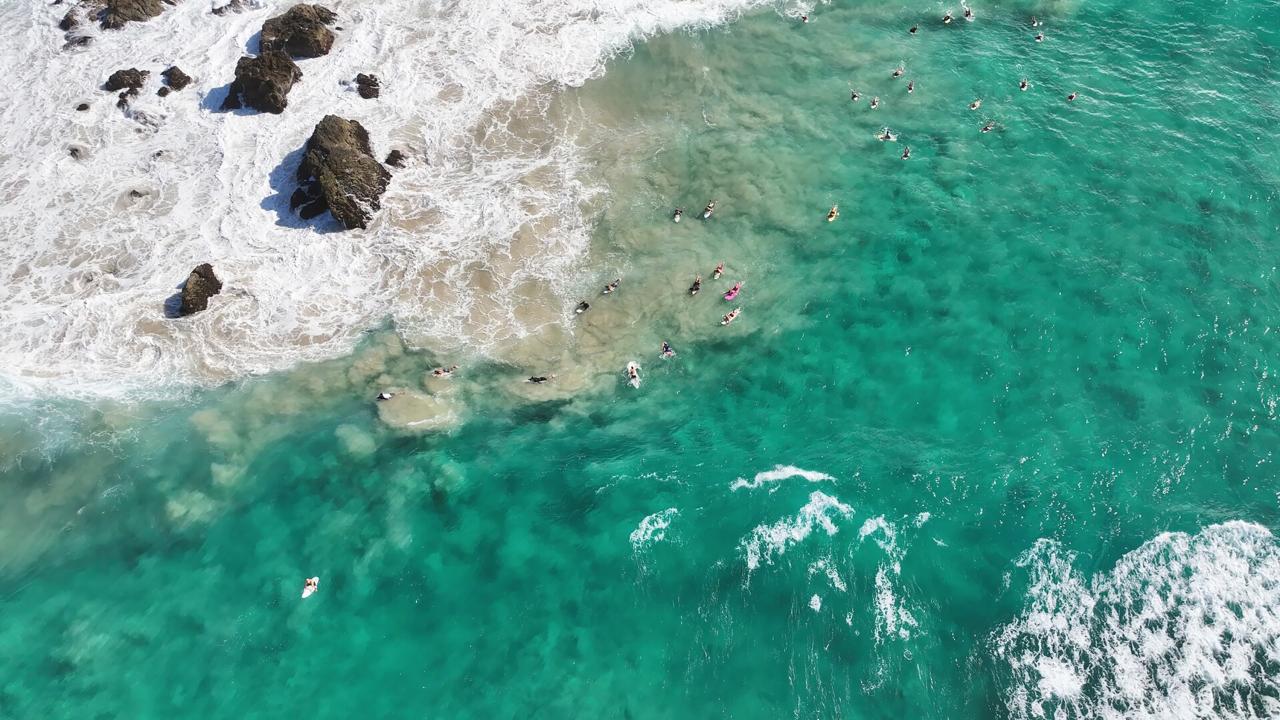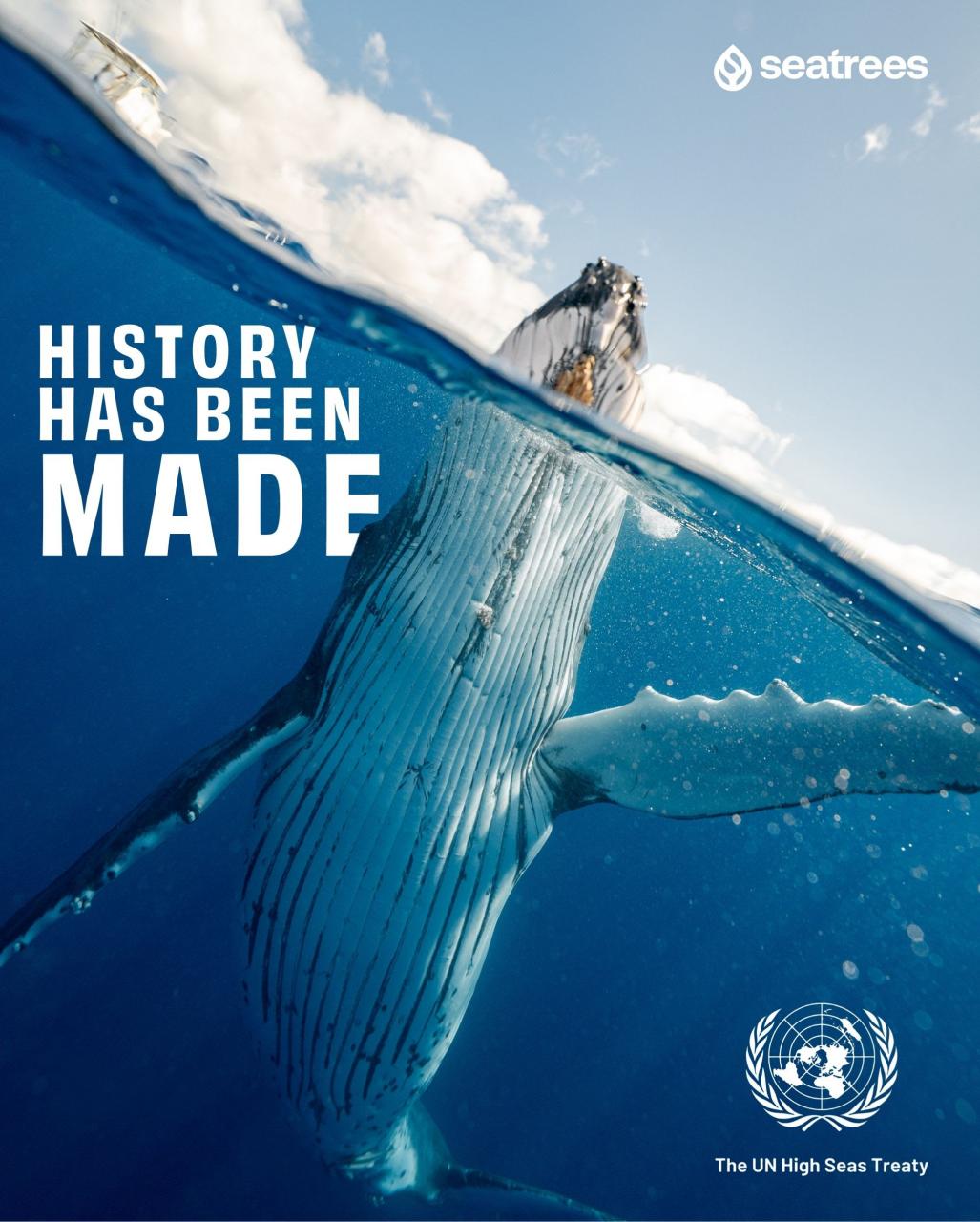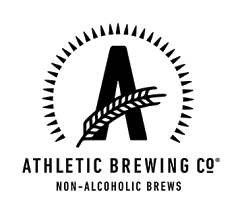Like the ocean, life will present itself in countless ways. Whether it is smooth sailing or rough seas, one will always need to choose the best route to navigate his or her own path.
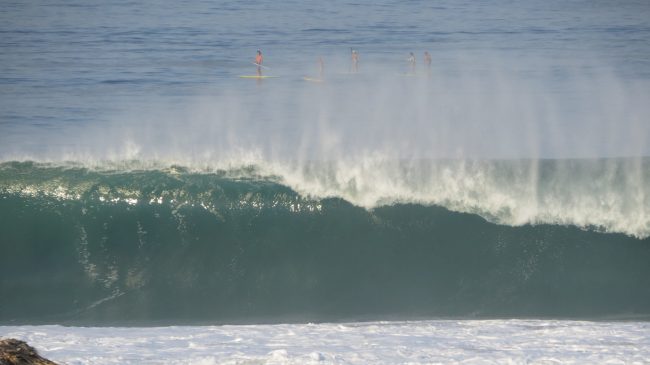 Paddlers in Mexico need to find safe harbor from the tumulutous waves at MexiPipe, Puerto Escondido. Photo by: John P. Murphy
Paddlers in Mexico need to find safe harbor from the tumulutous waves at MexiPipe, Puerto Escondido. Photo by: John P. MurphyChristina Vaccacio: Water Warrior
When Christina Vaccacio was 33 years old, she was diagnosed with early-stage endometrial cancer. Due to her family’s history of cancer, it was recommended that she take a genetic test to find out if she was Lynch Syndrome positive, which would put her at risk for colon, endometrial and ovarian cancers. The test was positive. Christina shortly after discovered a lump in her breast, and endured a series of scans and biopsies, only to find that she had stage 2 breast cancer as well. Christina began chemotherapy only two weeks after undergoing a hysterectomy and 25 consecutive days of radiation as well as multiple surgeries after that. To say Christina piloted rough seas would be putting it lightly; she navigated a tsunami.
Despite the physical and psychological impacts of her diagnosis, Christina found peace by learning to stand up paddle. She turned to the stand up paddling community on Long Island, NY which welcomed her with open arms.
“I didn’t own one piece of equipment. I had no board, no paddle, no leash. All I had was the openness and courage to try something new. Some friends let me borrow their equipment and eventually, after a few months of traveling all over Long Island, upstate New York and New Jersey, I bought a board and accessories. It was a great accomplishment and a proud moment.”
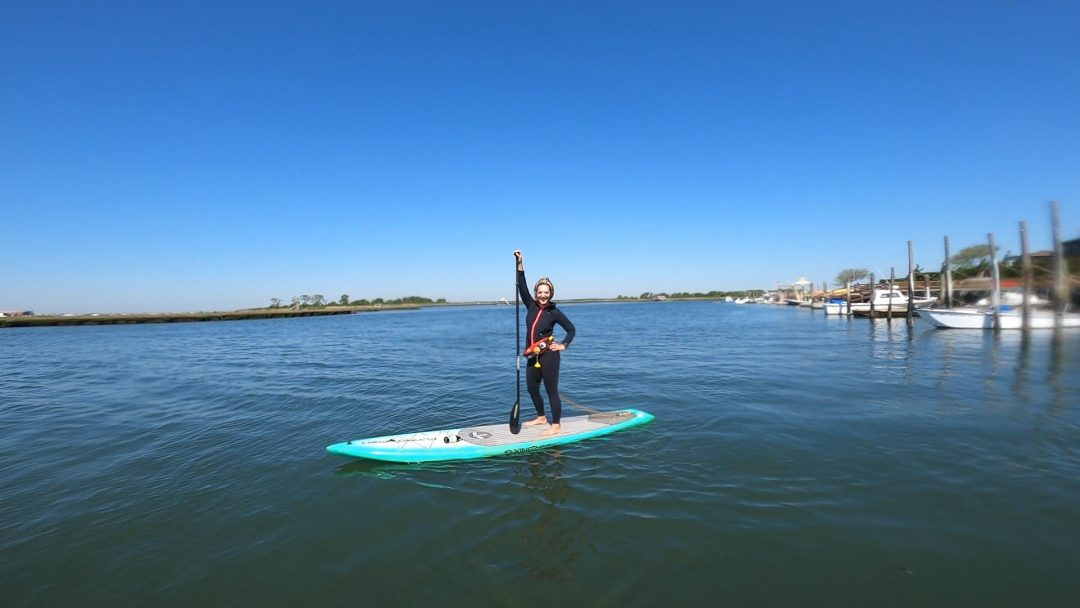 Christina Vaccacio triumphs over her fear to embrace stand up paddling as a vision of strength.
Christina Vaccacio triumphs over her fear to embrace stand up paddling as a vision of strength.Stand Up Paddle Tribe Gives Strength: It's OK to Fall
Christina found a community that not many even know exist. She found solace in a sport that not only had its physical health benefits, but opened her up to new experiences, meeting new like-minded people and exploring places that may be conventionally inaccessible.
Christina explained, “SUP helped me to push myself into something unfamiliar and learn to be OK with it and actually love it. It helps build my confidence in a lot of ways. I remember trying to balance in the beginning. I was so afraid to fall in the water. After my first fall, the fear disappeared and I was OK with falling. And I’ve met some amazing people, paddlers, who are adventurous and unstoppable. I aspire to be all those things.”
Immersed in Nature, Paddling Heals
There are inherent risks to watersports. The elements have the potential to pose threats that otherwise may not be present on land. This aspect of stand up paddle boarding may deter some participants from trying the sport, but it was part of the appeal for Christina.
“Just being in nature is so beautiful. I feel a sense of calm, clarity and joy being in nature. I love the water. It’s hard to explain. It just totally washes away my internal dialogue. The water helps with over-thinking and puts me into the moment, where I can experience joy, love and gratitude.”
 Christina found more than just a recreational outlet in stand up paddling but discovered a tribe on Long Island that fully embraced her.
Christina found more than just a recreational outlet in stand up paddling but discovered a tribe on Long Island that fully embraced her.Paddling Unveils Inner Strength & Resilience
Christina has had more obstacles to overcome than most other women, while learning to SUP. “Cancer has impacted me in many ways. Physically, the range of motion in my arms is impacted and not what it used to be since I had to have bilateral mastectomies. The surgery basically cuts through your chest muscles and I had lymph nodes taken out under my arm so those muscles were cut, too.”
The primary muscles used for stand up paddle boarding are the abdominals, latissimus dorsi, deltoids, biceps and triceps. Christina experiences general muscle tightness in her body due to her lack of estrogen and needing to take an aromatase inhibitor. Because of these symptoms, Christina must put more effort into paddling and balancing on her board. Christina has also discovered and taken advantage of the unique benefits that her diagnosis presented, such as being given the opportunity to speak for a national genetics company, Myriad Genetics, raising money and awareness for non-profit organizations such as Pink Aid and getting the chance to learn more about herself.
READ about Paddle for Recovery's FREE paddleboard classes
for cancer survivors and their caregivers HERE.
Christina explains, “I got the chance to reinvent myself, and in that process, I discovered how resilient I am.”
For most, stand up paddle boarding is just a watersport or a seasonal hobby. For Christina and many others, however, SUP is an outlet for expression, for discovering one’s true potential and a way to connect with the earth and one’s self.
How does paddling affect you? We'd love to hear your stories.
Email us @ editor@standupjournal.com

